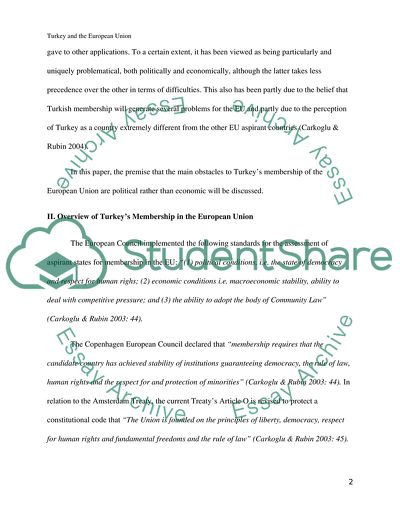Cite this document
(The Political System of Turkey within the European Union Case Study, n.d.)
The Political System of Turkey within the European Union Case Study. https://studentshare.org/politics/1723296-turkey-and-eu-membership-political-science
The Political System of Turkey within the European Union Case Study. https://studentshare.org/politics/1723296-turkey-and-eu-membership-political-science
(The Political System of Turkey Within the European Union Case Study)
The Political System of Turkey Within the European Union Case Study. https://studentshare.org/politics/1723296-turkey-and-eu-membership-political-science.
The Political System of Turkey Within the European Union Case Study. https://studentshare.org/politics/1723296-turkey-and-eu-membership-political-science.
“The Political System of Turkey Within the European Union Case Study”. https://studentshare.org/politics/1723296-turkey-and-eu-membership-political-science.


